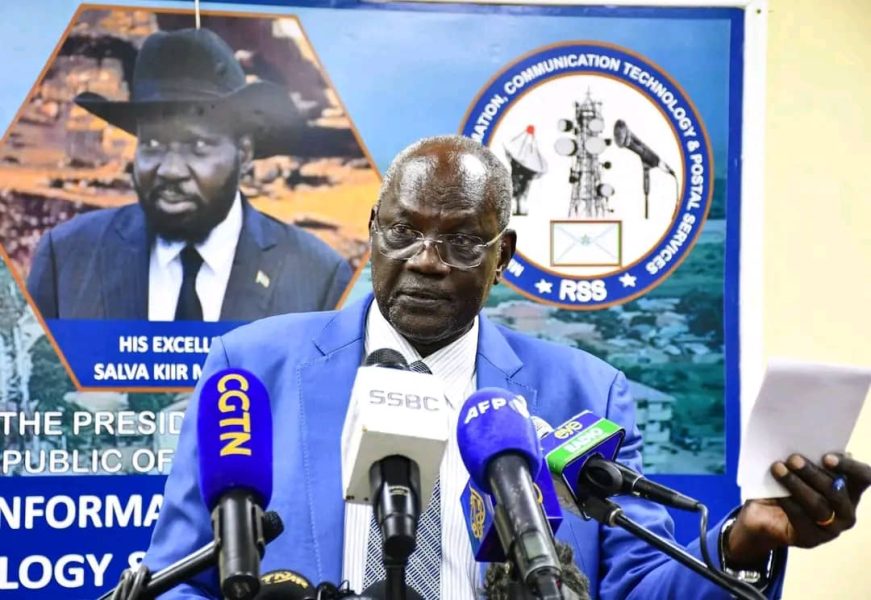
South Sudan’s government has pushed back against a damning United Nations report that accuses its political leaders of systemic corruption, large-scale theft of public resources, and fueling a humanitarian and human rights crisis across the country.
On Tuesday, the U.N. Commission on Human Rights in South Sudan released the report, Plundering a Nation: How Rampant Corruption Unleashed a Human Rights Crisis in South Sudan, on Tuesday in Nairobi after a two-year investigation.
The commission alleges that South Sudan’s ruling elite have systematically siphoned billions of dollars from both oil and non-oil revenues through off-budget spending, shadowy contracts, and networks of politically connected companies.
The report says South Sudan has earned at least $25.2 billion in oil revenue since independence in 2011, a staggering amount for one of the world’s poorest nations.
Yet, the commission found that corruption, mismanagement, and embezzlement ensured little of that money reached schools, health care, or public infrastructure.
One of the most striking examples, according to the commission, was $1.7 billion in payments between 2021 and 2024 to companies tied to Vice President Benjamin Bol Mel for road construction projects that were never completed.
The report also details how revenues were diverted into military spending, unmonitored funds, and personal enrichment schemes that bypassed the national budget.
In respond, Information Minister Michael Makuei dismissed the findings as baseless and politically motivated.
“There is nothing new about these so-called human rights organizations that claim to monitor and supervise the government,” Makuei was quoted by Eye Radio as saying.
“I will not be responding to all these because these are reports which I believe are not substantiated and have no real evidence to support their allegation. If they have any reports, then these reports are supposed to come to the government of South Sudan,” he added.
Commission Chair Yasmin Sooka described corruption not as incidental but as “the engine of South Sudan’s decline.”
She said the looting of public revenues is directly linked to the suffering of ordinary citizens: “It is driving hunger, collapsing health systems and causing preventable deaths, as well as fueling deadly armed conflict over resources.
The suffering of South Sudanese civilians is a direct consequence of the brazen plundering of public revenues since independence in 2011.”
Commissioner Carlos Castresana Fernandez emphasized the human cost of the diversions, noting they translate into “preventable deaths, widespread malnutrition and mass exclusion from education.”
His colleague, Commissioner Barney Afako, added that both oil and non-oil revenues have been systematically diverted through corruption schemes “embedded across government structures.”
The commission also linked corruption and political instability to the fragile peace process.
It warned that the 2018 Revitalized Peace Agreement, designed to reform financial management and restore stability, is now at breaking point.
The report cited the September 11 announcement of criminal charges against First Vice President Riek Machar, who has been detained since March 2025, as evidence of worsening political repression.
Machar’s opposition party has splintered, with many senior members jailed or exiled, raising fears that the peace deal could collapse.
Meanwhile, the report noted that President Salva Kiir’s daughter and Vice President Bol Mel’s wife have recently been elevated to senior government posts, reinforcing perceptions of entrenched nepotism.
While the government in Juba has rejected the report, international observers say the findings highlight how decades of corruption and elite capture have hollowed out state institutions, leaving millions of South Sudanese trapped in hunger, poverty, and displacement.

